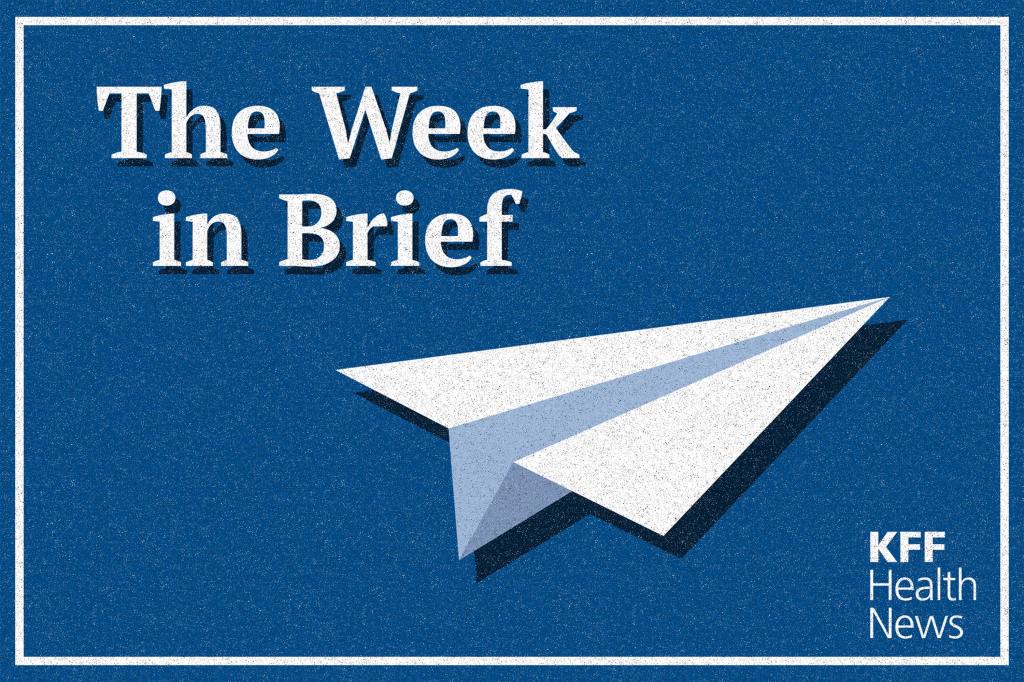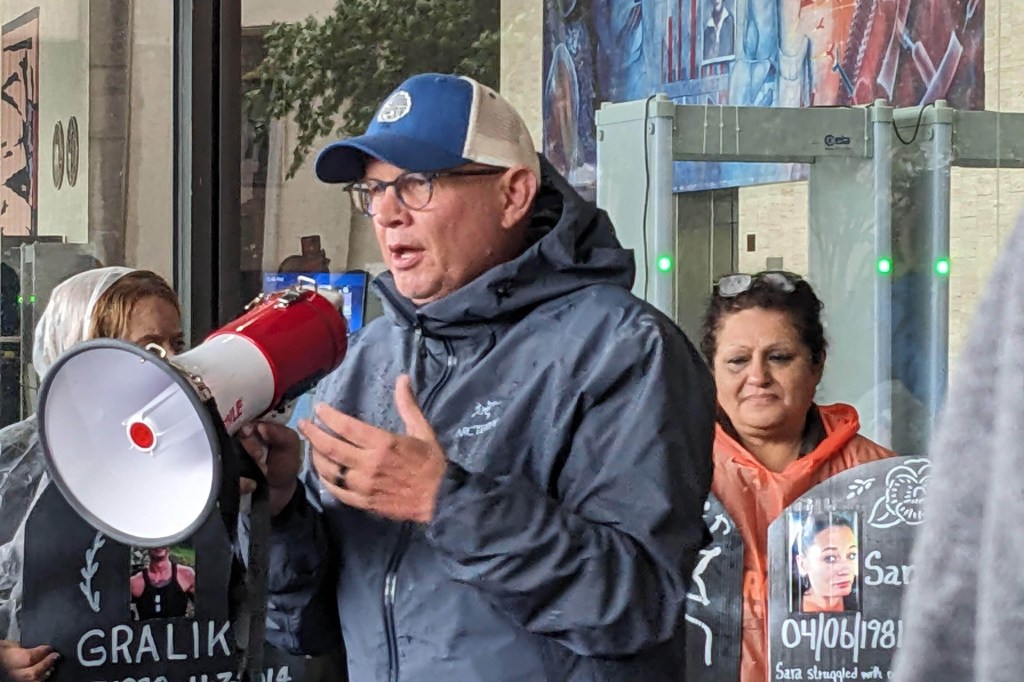Companies running private Medicare and Medicaid insurance plans inaccurately list many mental health professionals as being available to treat the plans’ members, a new federal watchdog report says.
The investigators allege that some insurers effectively set up “ghost networks” of psychologists, psychiatrists, and other mental health professionals who purportedly have agreed to treat patients covered by the publicly financed Medicare and Medicaid plans. In fact, many of those professionals do not have contracts with the plans, do not work at the locations listed, or are retired, the investigators said.
The Office of Inspector General for the Department of Health and Human Services, which oversees the giant Medicare and Medicaid health programs, released its findings in a recent report.
The report focuses on insurers the government pays to cover people in Medicare Advantage plans and in privately managed Medicaid plans. About 30% of all Americans are covered by such insurance, the report says. The government pays the insurers hundreds of billions of dollars annually.
The companies are paid set rates per person they cover and are allowed to keep whatever money they don’t spend on patient care. The insurers are required to have adequate numbers of health care professionals under contract to serve patients in each region they cover.
But the new report found that 55% of mental health professionals listed as in-network by Medicare Advantage plans were not providing such care to any of the plans’ members. The figure was 28% for Medicaid managed care plans.
Some mental health professionals told investigators they shouldn’t have been listed as in-network care providers for the insurers’ members, because they no longer worked at the locations listed or because they didn’t participate in the Medicare Advantage or Medicaid managed care plans. Others said they were working as administrators and no longer providing patient care.
In one case, the report says, a private Medicaid plan listed a mental health professional as providing care in 19 practice locations. But when the investigators checked, a receptionist at one of the clinics said the person had retired a few years ago.
Jeanine Simpkins of Mesa, Arizona, learned how skimpy the networks can be when a 40-year-old family member was in crisis this fall. Simpkins struggled to find a drug rehabilitation program that would accept the Medicare Advantage insurance the relative is on because of a disability.
Simpkins said she contacted about 20 rehab programs, none of which would take the Medicare insurance plan. “You feel kind of dropped,” she said. “I was pretty surprised, because I thought we had something good in place for her.”
Simpkins’ relative eventually enrolled in part-time hospital care instead of an inpatient rehabilitation center.
It can be challenging for patients to find timely, nearby care, for all kinds of health problems, from colds to cancer.
But Jodi Nudelman, a regional inspector general who helped write the federal report, said in an interview that the stakes can be especially high for patients seeking mental health care.
“They can be particularly vulnerable,” she said. It can be daunting for people to acknowledge they need such care, and any roadblock can discourage them from trying to find help, she said.
She added that taxpayers aren’t getting their money’s worth if insurers fail to meet obligations to provide sufficient care options for Medicare and Medicaid participants in the plans.
The federal report focused on a sample of 10 counties in five states: Arizona, Iowa, Ohio, Oregon, and Tennessee. It included urban and rural areas. It did not identify the insurers whose networks were checked.
Susan Reilly, vice president of communications for the Better Medicare Alliance, a trade group representing Medicare Advantage plans, said managed care companies support federal efforts to improve access to mental health services. “While this report looks at a small sample of plans, we agree there’s more work to do and are committed to continuing that progress together with policymakers,” she said in a statement.
The report’s authors said their sample was a good representation of the national situation. It looked at 40 Medicare Advantage plans and 20 Medicaid managed care plans.
The report recommends government administrators make more use of medical billing data to confirm whether health professionals listed as in-network are providing care to patients covered by private Medicare and Medicaid insurance plans.
The watchdogs also recommend that federal regulators create a national, searchable directory of mental health providers, listing which Medicare and Medicaid insurance plans each one accepts. Such a directory would help patients find care and would make it easier to double-check the accuracy of plans’ listings of in-network providers, they said.
Federal administrators overseeing Medicare and Medicaid have taken steps toward creating such a directory, the authors said. Reilly, the industry representative, said managed care companies support the effort.
KFF Health News is a national newsroom that produces in-depth journalism about health issues and is one of the core operating programs at KFF—an independent source of health policy research, polling, and journalism. Learn more about KFF.
USE OUR CONTENT
This story can be republished for free (details).










